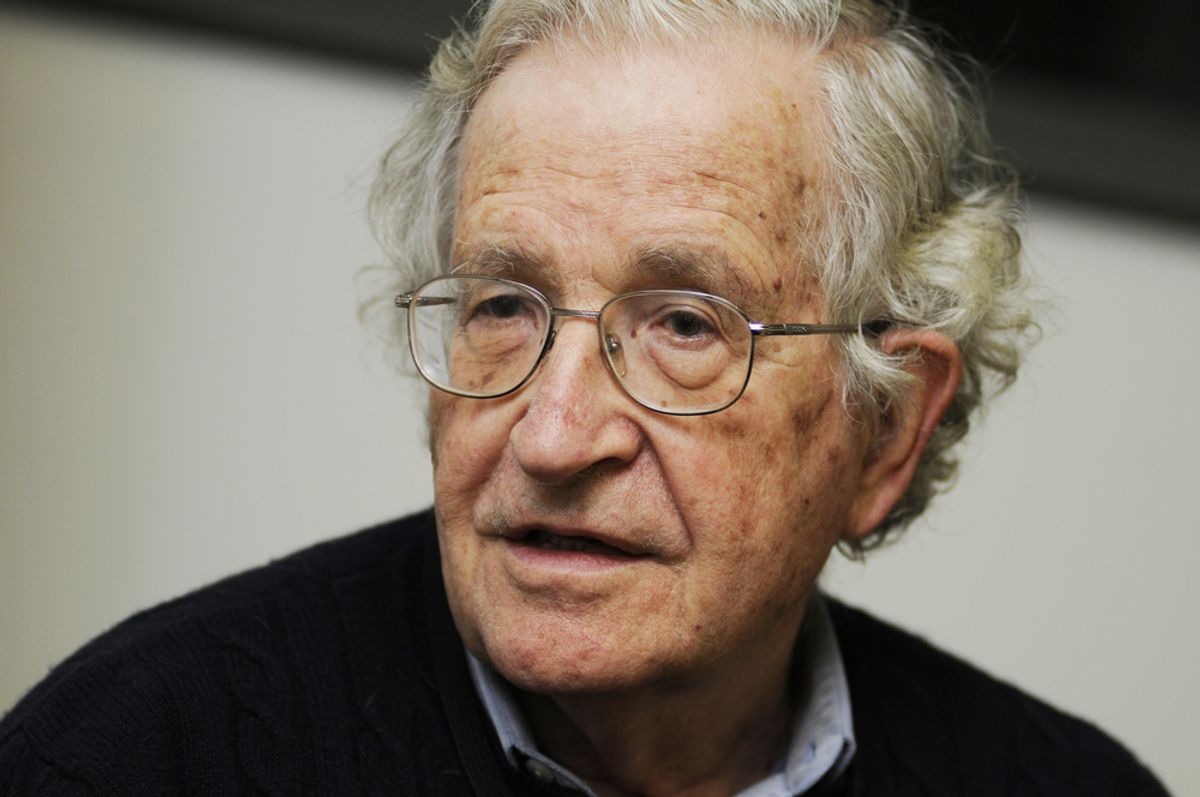While Democrats pored over the salacious details of Russia's alleged kompromat on Donald Trump, Republican members of Congress gathered in the dead of night Wednesday to begin dismantling the Affordable Care Act, a repeal that could strip millions of their health insurance.
Noam Chomksy saw this coming as soon as the GOP recaptured the White House. In an expansive new interview with Truthout, the linguist and philosopher argues that the "U.S. health care system has long been an international scandal," and that overturning the ACA with no viable replacement will prove a human catastrophe.
"Since Obama's election, the Republicans have pretty much been the party of No," he notes. "It's conceivable that... the ultra-right and quite passionate 'Freedom Caucus' may insist on instant repeal without a plan, damn the consequence for the budget, or of course, the people."
Chomksy also illuminates why America, or its political class, is so uniquely hostile to the notion of universal healthcare when the rest of the developed world considers it a basic human right.
"Labor remains relatively weak in the U.S. in comparison to similar societies," he argues. "It is constantly battling even for survival as a significant organized force in the society, under particularly harsh attack since the Reagan years."
The country was founded on the expulsion and genocide of indigenous peoples. Chomsky continues: "American society lacked the traditional social stratification and autocratic political structure of Europe, and the various measures of social support that developed unevenly and erratically... As a result, U.S. society is, to an unusual extent, business-run."
Lastly, he attempts to answer one of the more confounding questions of our political moment: Why aren't Americans demanding access to universal healthcare?
"The question directs our attention to a profound democratic deficit in an atomized society, lacking the kind of popular associations and organizations that enable the public to participate in a meaningful way in determining the course of political, social and economic affairs."
Read the interview at Truthout.





Shares